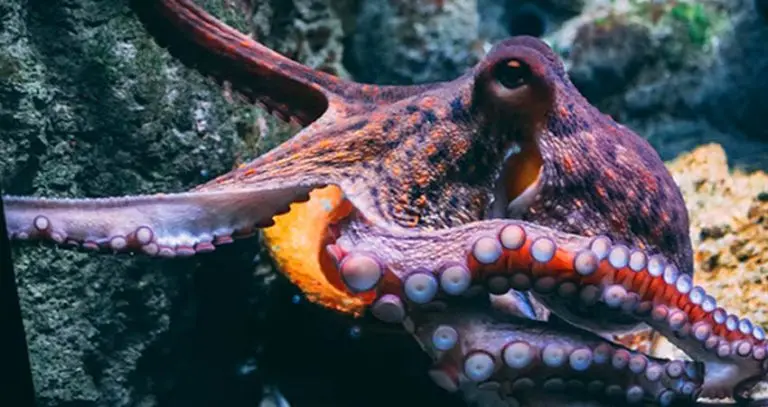Sentient beings are living creatures that are capable of perceiving and responding to feelings and sensations. These feelings include hunger, thirst, pain, joy, distress, and excitement. Since this capacity requires a level of awareness and cognitive ability, early philosophers thought humans are the only sentient beings on the planet.
But early this year, the Animal Welfare (Sentience) Bill was proposed by the UK government. The bill aims to recognize all vertebrates (animals with a backbone) as sentient beings. Hence, these animals that can feel emotions and feelings through senses should also be given priority in regards to their welfare. While the bill is currently under review, the UK government updated the proposed law on November 19 by including two invertebrate groups on the list. Cephalopod mollusks and decapod crustaceans also fall under the Animal Welfare (Sentience) Bill. Cephalopods include octopuses, squids, and cuttlefish while decapods include crabs, lobsters, crayfish, prawns, and shrimps.
New UK Law Recognizes Cephalopods And Decapods As Sentient Beings
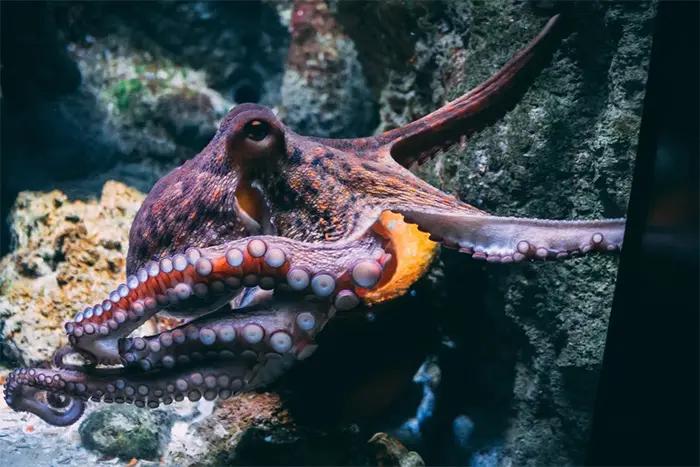
The inclusion of invertebrates under the bill is based on the findings of a government-commissioned independent research conducted by the London School of Economics and Political Science. The review proves that although invertebrates do not have backbone, they have complex central nervous systems which are the key hallmarks of sentience. Findings showed that these invertebrates have the ability to feel pain and suffering, just like all sentient beings.
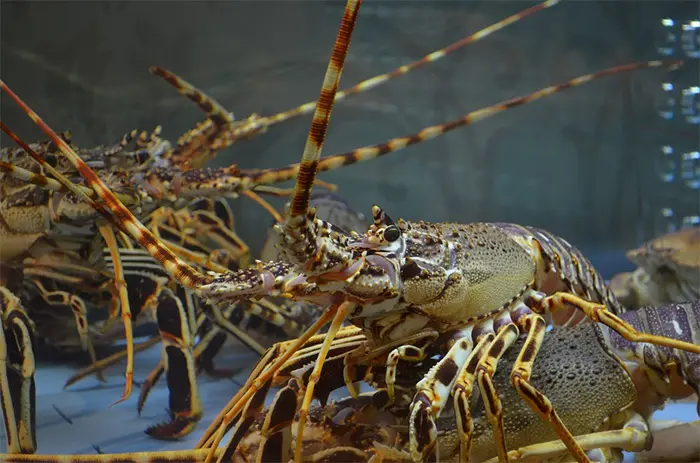
“The amendment will…help remove a major inconsistency: octopuses and other cephalopods have been protected in science for years, but have not received any protection outside science until now,” says Dr. Jonathan Birch, the head of the independent review. “One way the UK can lead on animal welfare is by protecting these invertebrate animals that humans have often completely disregarded.”
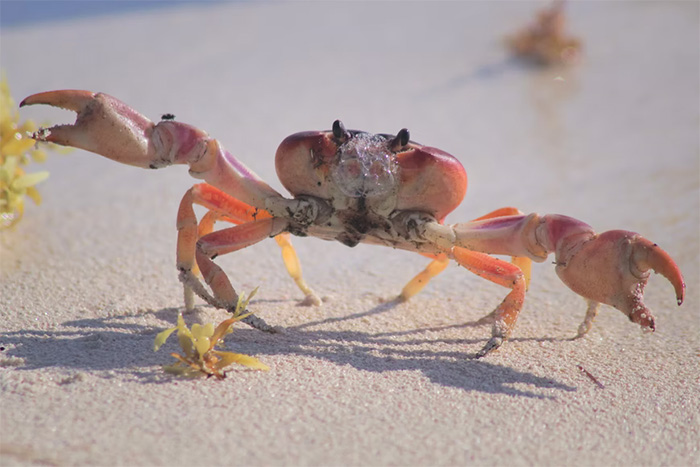
Once the bill is approved and becomes a law, all sentient beings covered by the legislation shall have a particular relevance in animal welfare laws. This includes banning inhumane handling and slaughter methods such as boiling alive, live dismemberment, and declawing of crabs.
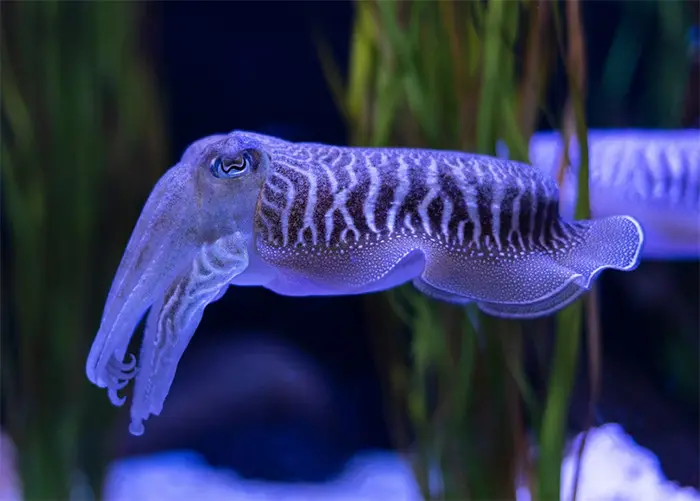
The new law also states that live crabs and lobsters shouldn’t be sold to inexperienced handlers. While the legislation presents no recommendations for humane slaughter methods for these marine invertebrates, the report rather recommends more research to be conducted to identify more humane and commercially viable practices.
“The Animal Welfare (Sentience) Bill provides a crucial assurance that animal wellbeing is rightly considered when developing new laws,” says Animal Welfare Minister Lord Zac Goldsmith. “The science is now clear that decapods and cephalopods can feel pain and therefore it is only right they are covered by this vital piece of legislation.”

